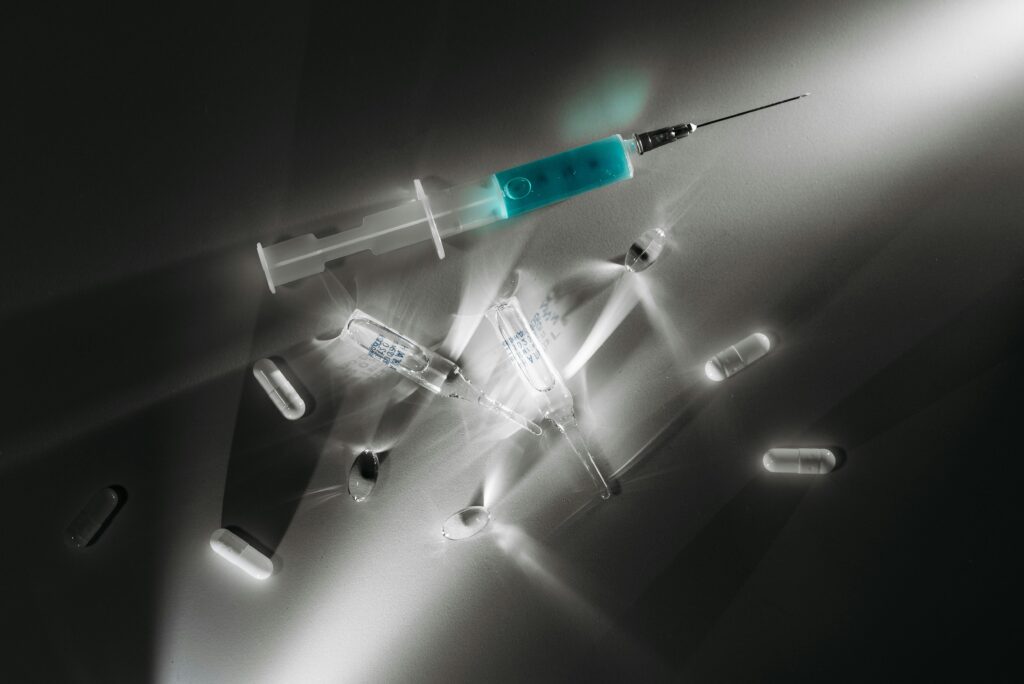Introduction
Healthcare is one of the most critical industries, but it often suffers from inefficiency, lack of transparency, and high costs. In 2025, blockchain and crypto are beginning to transform the sector. From patient records to medical payments, crypto is pushing healthcare into a new era of trust and innovation.

1. Secure Patient Records on Blockchain
- Medical records stored on blockchain are tamper-proof and accessible only with permission.
- Patients control who can view their health data.
- Reduces errors and improves treatment.
Example: A doctor instantly accessing a patient’s full medical history (with consent) via blockchain.
2. Transparent Billing and Payments
- Crypto payments reduce fraud and hidden costs in healthcare billing.
- Smart contracts automate insurance claims and payments.
- Patients save time and avoid disputes.
Example: An insurance payout being automatically released after a hospital visit is recorded.
3. Pharmaceutical Supply Chain Tracking
- Blockchain tracks medicine from manufacturer to pharmacy.
- Helps prevent counterfeit drugs entering the market.
- Ensures safety and trust for patients.
Example: A patient verifying their medication’s authenticity with a QR code linked to blockchain.

4. Medical Research and Data Sharing
- Patients can choose to sell anonymized health data to researchers for tokens.
- Increases transparency while rewarding individuals.
- Speeds up medical discoveries.
Example: A research lab paying patients in crypto for sharing health data securely.
5. Challenges of Crypto in Healthcare
- Privacy concerns remain if systems are not well-designed.
- Regulations for storing and sharing medical data vary by country.
- Adoption requires significant upgrades to hospital systems.
Example: A hospital struggling to integrate blockchain with old legacy software.
Conclusion
In 2025, blockchain and crypto are creating a healthcare system that is safer, more transparent, and more efficient. While challenges like regulation and adoption remain, the potential for better patient care and stronger trust is too big to ignore.